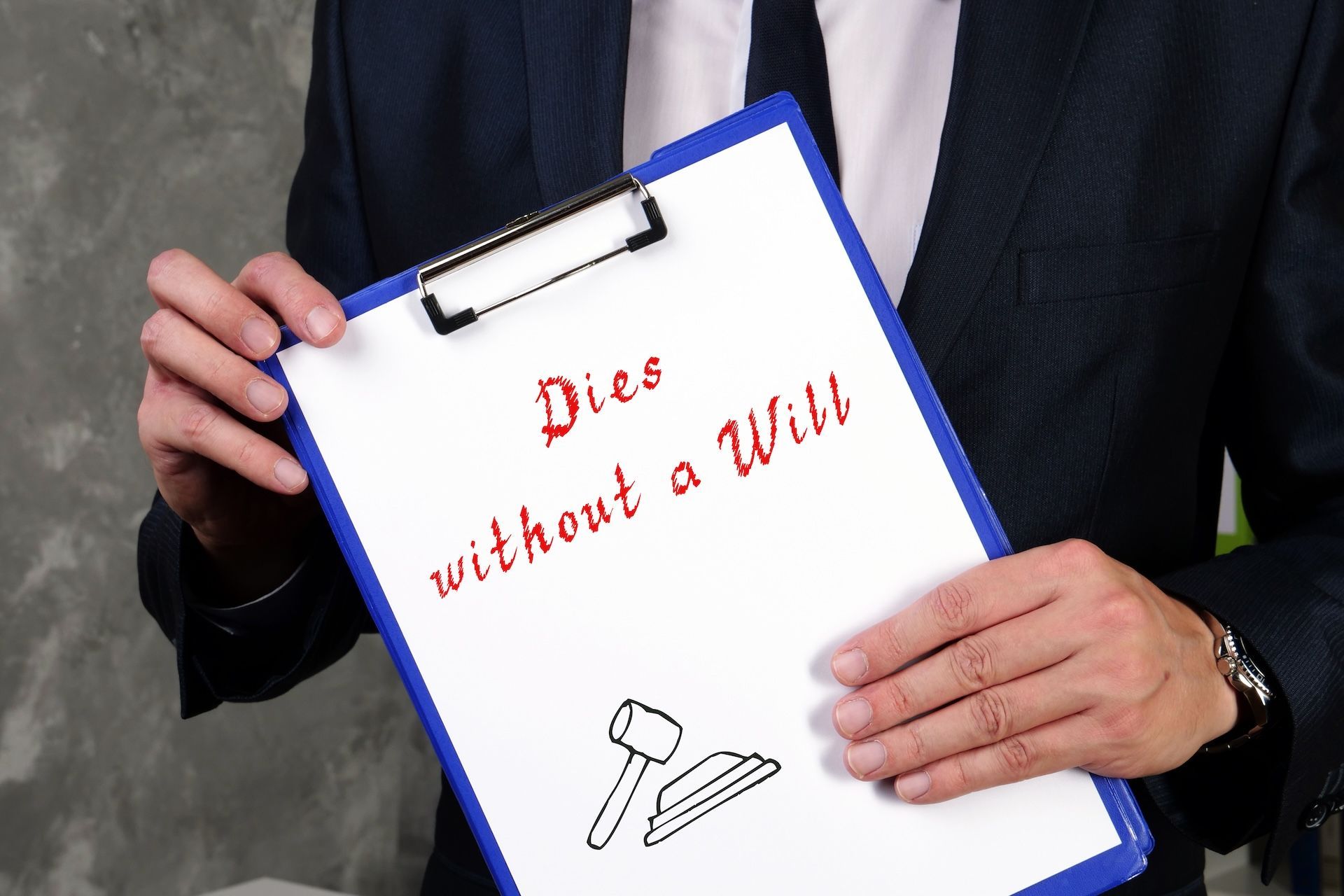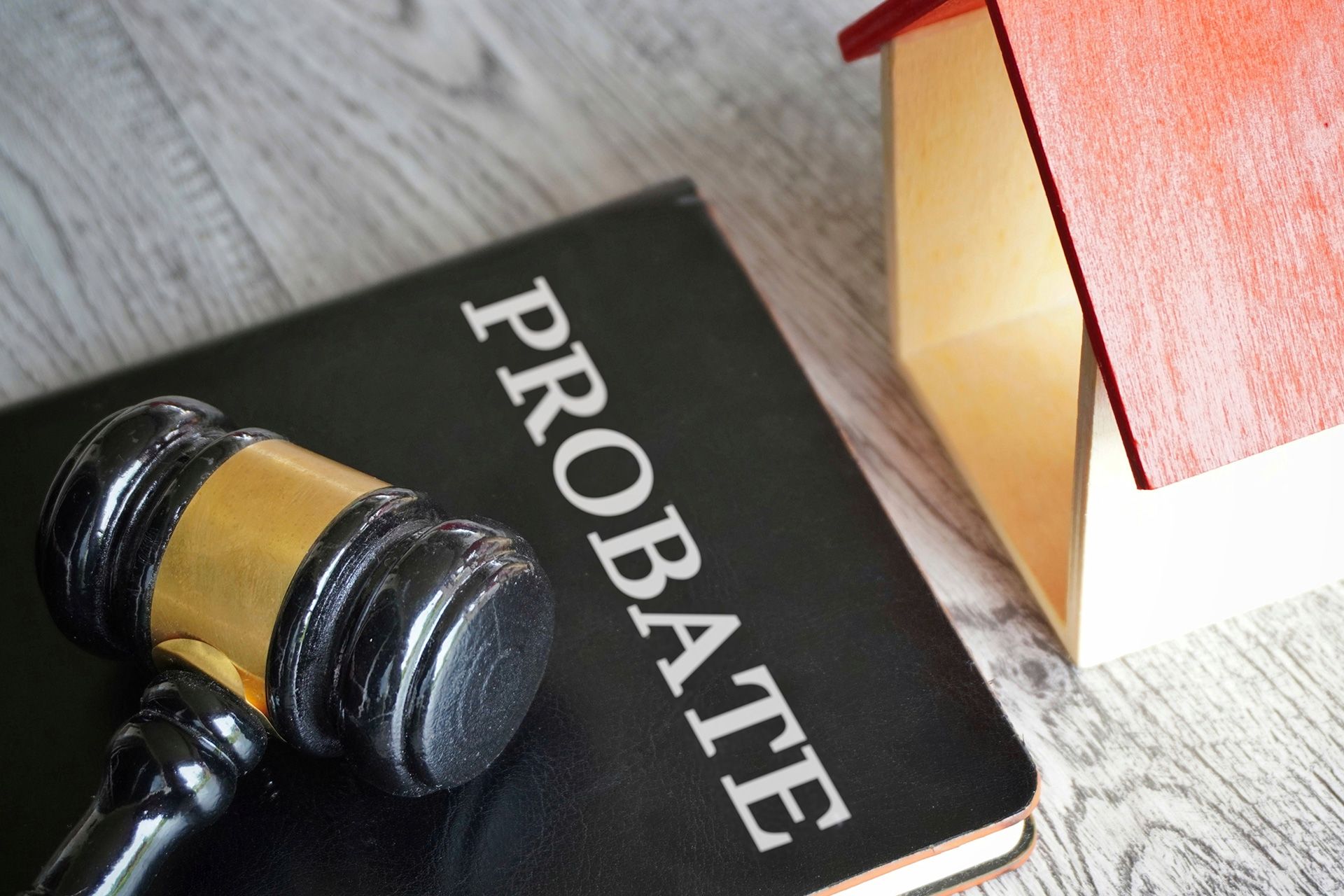What Happens When a Parent Dies Without a Will? A Simple Guide for Families

When a parent passes away, it is an emotional and confusing time. Things become even harder when a parent dies without a Will. Many families are left asking: What happens now? Who gets what? What steps should we take first?
This guide explains what happens in the United States when a parent dies without a Will and what children and family members need to know. We will also share helpful tips based on real legal experience so you understand the process clearly and calmly.
What Does “Dying Without a Will” Mean?
When someone dies without a Will, the law calls it “dying intestate.” A Will is a legal document that explains:
- Who gets the person’s property
- Who will manage their estate
- Who will take care of minor children
- How debts and taxes should be handled
If there is no Parents Will, the state takes over and decides these things based on intestacy laws. Each state has its own rules, but the overall process is similar across the U.S.
Who Gets the Property When a Parent Dies Without a Will?
Intestacy laws decide what happens to a parent’s house, money, bank accounts, cars, and other belongings. Here’s how it usually works:
1. If the Parent Was Married
The property is shared between:
- The surviving spouse
- The children
Some states give most of the estate to the spouse. Others divide the assets between the spouse and children. The exact breakdown depends on where the parent lived.
2. If the Parent Was Single
The assets usually go to:
- The children
- If there are no children, then to parents, siblings, or other relatives
If there are no living family members at all, the state may take the property.
3. What About Stepchildren?
Most states do not automatically include stepchildren unless they were legally adopted. This is why a Parent's Will is so important if a parent wants stepchildren to inherit.
Who Takes Care of Minor Children?
If a parent dies without a Will and they have minor children, the court chooses a guardian. This decision is based on what the judge believes is in the “best interest of the child.”
A Will allows parents to choose a guardian themselves. Without one, the court may pick someone the parent would not have chosen.
How Are Debts Paid If There Is No Will?
Before anyone receives money or property, the estate must pay:
- Credit card debt
- Loans
- Medical bills
- Taxes
- Funeral costs
The court appoints a personal representative (also called an administrator) to handle all of this. If there is no Will, the family cannot choose this person; the court appoints one.
What Is the Probate Process?
Probate is the legal process of settling a person’s estate. When a parent dies without a Will, probate is usually required.
Probate Includes:
- Opening the estate
- Listing all the property
- Paying debts and taxes
- Distributing what is left to the heirs
Probate without a Will can take longer and cost more because the court must follow intestacy laws and may need extra hearings to settle disputes.
Common Problems When There Is No Will
Sadly, many families experience stress and conflict after a parent dies without a Will. Some common problems include:
1. Family Disagreements
Children may argue over:
- Who should get the house
- Who should handle the estate
- How belongings should be divided
A Will usually prevents these conflicts.
2. Delays and Higher Costs
More court involvement means:
- More paperwork
- Longer waiting periods
- Higher legal fees
3. Unexpected Outcomes
Without a written Parents Will:
- Stepchildren may get nothing
- Estranged family members may inherit
- A guardian could be chosen that the parent never wanted
4. Stress During an Emotional Time
Families already dealing with grief may struggle with legal tasks and unclear instructions.
What Children Should Do First After a Parent Dies Without a Will
Here is a simple step-by-step process to follow:
1. Get the Death Certificate
You will need multiple certified copies for banks, insurance companies, and the court.
2. Secure the Parents’ Home and Belongings
Keep things safe until the court appoints a representative.
3. Contact a Probate or Estate Attorney
A probate lawyer or an estate planning attorney can guide you through state laws, timelines, and required paperwork.
4. Locate Important Documents
Even without a Will, gather:
- Bank statements
- Insurance policies
- Mortgage documents
- Property deeds
- Birth certificates and marriage certificates
5. Do Not Remove or Sell Items
Until probate starts, property should not be sold or given away.
6. File for Probate
The court will appoint an administrator to handle the estate.
How Intestacy Affects Different Types of Property
Bank Accounts
If the account has a joint owner or beneficiary, the funds will be distributed directly to them.
If not, it becomes part of the estate.
Home or Real Estate
If the home was jointly owned with a spouse, the spouse may automatically inherit it.
If not, it goes through the probate process.
Life Insurance
Life insurance with a named beneficiary does not go through probate.
Personal Items
Furniture, jewelry, photos, vehicles, and other belongings are divided according to state laws.
Why Having a Parents Will Matters
A Will gives parents control over their future wishes. With a Will, they can:
- Choose who receives their property
- Protect children and name a guardian
- Reduce stress on family members
- Prevent long court delays
- Reduce the risk of fighting between siblings
Many parents delay creating a Will because they think it is too complicated or expensive. But the cost and stress of dying without one is far greater for the family.
How an Attorney Helps When There Is No Will
A knowledgeable estate planning or probate attorney can:
- Explain state laws
- Guide families through probate
- Help gather financial records
- Communicate with the court
- Manage disagreements
- Protect the rights of heirs
Professional help ensures the estate is handled correctly and fairly.
Final Thoughts
When a parent dies without a Will, families face many legal steps and emotional decisions. Understanding state laws and getting legal guidance can make the process easier and provide peace of mind.
Need help with estate planning or probate? Contact
Jostock & Jostock today for trusted legal guidance.
FAQs About Dying Without a Will
Can children choose who gets the property?
No. Without a Will, intestacy laws decide who inherits.
How long does probate take?
Probate without a Will can take 6 to 18 months, depending on the state and complexity of the estate.
What if two children disagree on what to do?
The court makes the final decision. A lawyer can also help settle disputes.
Are stepchildren included?
Usually no, unless they were legally adopted.
What happens to the house?
It depends on ownership and state laws. It may go to a spouse, children, or be sold to pay debts.
Can we avoid probate?
Without a Will or estate plan, probate is usually required.
Is it too late to create a Will after a parent becomes sick?
If the parent is mentally capable, they can still create a Will. Once they pass away, it is too late.
Disclaimer: The information on this website and blog is for general informational purposes only and is not professional advice. We make no guarantees of accuracy or completeness. We disclaim all liability for errors, omissions, or reliance on this content. Always consult a qualified professional for specific guidance.








